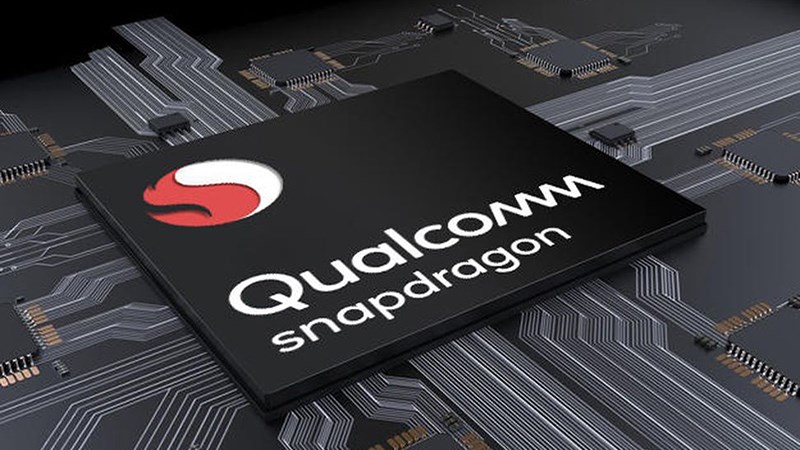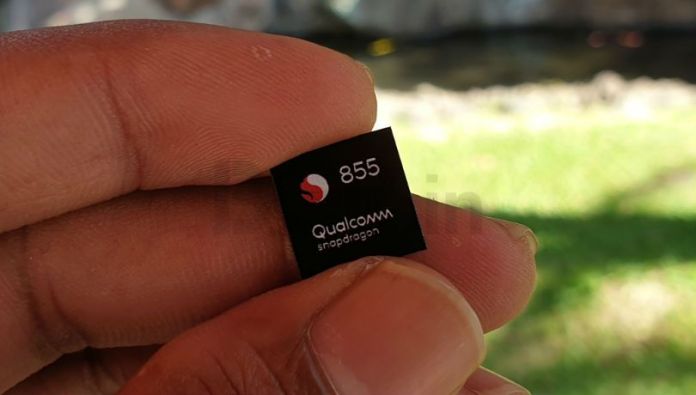Qualcomm Silently Reveals 192MP Camera Support For Some Of Its Chipsets
Anita - Mar 11, 2019

Qualcomm has just silently updated the specifications for some of its chipsets, which includes the support for up to 192MP camera.
- Asus ZenFone 6 Confirmed To Pack Snapdragon 855, 48MP Camera & 5,000mAh Battery
- There Will Reportedly Two Redmi Flagships With Snapdragon 855
- Xiaomi Hercules Key Specs Leaked With Snapdragon 855; Might Be Mi MIX 4
The bezel-less screen has become a popular trend in the smartphone market today. Besides, the camera also plays an important role while Original Equipment Manufacturers (OEMs) are adding 48MP sensors to the current smartphones from flagship to affordable ones. Recently, chipmaker Qualcomm has been on tracks to include support for cameras with high resolution for its chipsets.

Currently, you can see a 48MP bandwagon in Xiaomi smartphones or 5 rear camera sensors in the Nokia 9 PureView of Nokia. Therefore, OEMs are boosting their experiments to drive camera limits with smartphones. According to a report of XDADevelopers, Qualcomm has silently enhanced its camera specifications for a few of the Snapdragon platforms.
The current amended specs offer different detail groups on dual and single camera features like limits of recording video in slow motion mode, hybrid auto-focus, etc. Interestingly, the select current chipsets support up to 192MP resolution single camera, which is much more pixels than that of today.

These chipsets in doubt include Snapdragon 845 and Snapdragon 855 flagship chipsets and affordable Snapdragon 670, Snapdragon 675 and Snapdragon 710 ones. However, the 192MP camera is still on the paper for a single camera image signal processor (ISP) and whether future smartphones have such high-resolution sensors or not remains unknown.
There are also other warnings for this such camera sensor with high resolution. Devices should part go some highlights like zero shutter lag (ZSL), and multi-frame noise reduction (MFNR) to use a 192MP sensor for the best result. The final line is that ability to capture photos with high resolution is theoretically gained. The chipsets still require a real camera with 192MP resolution, which has not been available in the today market. We will need to look forward to the launch of smartphones with these such big sensors.
Featured Stories

ICT News - Feb 18, 2026
Google's Project Toscana: Elevating Pixel Face Unlock to Rival Apple's Face ID

Mobile - Feb 17, 2026
Anticipating the Samsung Galaxy S26 and S26+: Key Rumors and Specs

Mobile - Feb 16, 2026
Xiaomi Launches Affordable Tracker to Compete with Apple's AirTag

Mobile - Feb 14, 2026
Android 17 Beta 1 Now Available for Pixel Devices

Mobile - Feb 12, 2026
What is the Most Powerful Gaming Phone Currently?

Mobile - Feb 11, 2026
Top 5 Cheap and Efficient Gaming Phones in 2026

Mobile - Jan 31, 2026
Generalist vs Specialist: Why the Redmi Note Series Remains Xiaomi's Easiest...

Mobile - Jan 30, 2026
Motorola Unveils Moto G67 and Moto G77: 5200mAh Battery, 6.78-Inch AMOLED Display,...

Mobile - Jan 30, 2026
Red Magic 11 Air Debuts Worldwide: Snapdragon 8 Elite Powerhouse with Advanced ICE...

Mobile - Jan 29, 2026
Guide to Sharing Your Contact Card via the mAadhaar App
Read more

Mobile- Feb 16, 2026
Xiaomi Launches Affordable Tracker to Compete with Apple's AirTag
For users tired of ecosystem lock-in or high prices, the Xiaomi Tag represents a compelling, no-frills option that delivers core functionality at a fraction of the cost.

Mobile- Feb 17, 2026
Anticipating the Samsung Galaxy S26 and S26+: Key Rumors and Specs
The Samsung Galaxy S26 series is on the horizon, sparking excitement among tech enthusiasts.

ICT News- Feb 18, 2026
Google's Project Toscana: Elevating Pixel Face Unlock to Rival Apple's Face ID
As the smartphone landscape evolves, Google's push toward superior face unlock technology underscores its ambition to close the gap with Apple in user security and convenience.
Comments
Sort by Newest | Popular